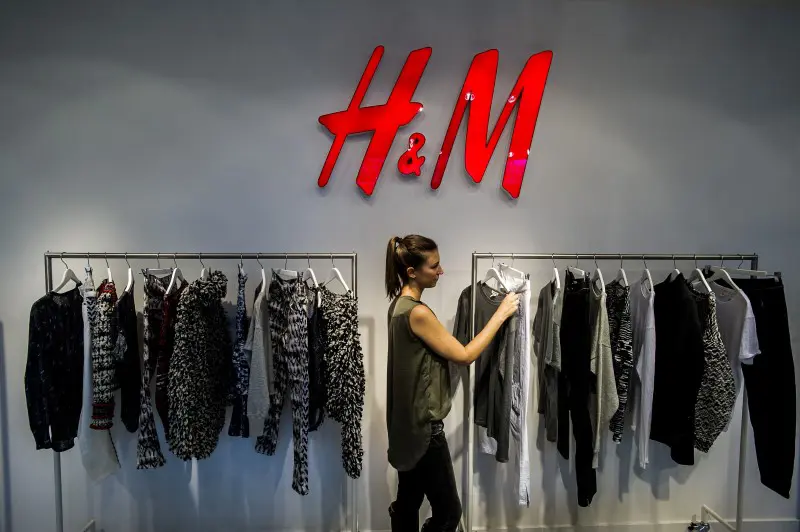Le contenu de cette page relève de la communication marketing
SKAGEN Vekst: a February recovery
After a difficult start to 2016, there were glimpses of stabilisation in February – both in the global equity markets and for our equity funds.

The Nordic/global equity fund, SKAGEN Vekst, recovered somewhat in the month both on a relative as well as an absolute basis. We asked the portfolio managers what has contributed to the relative performance lately and what new opportunities they have found in the turbulence at the start of the year.
There has been an improvement in the fund's relative performance lately, has this been due to the fund's relative underweight in financials?
The relative performance of the fund is not something that we pay very much attention to. Nonetheless, the NOK-USD development has played a big role; there has not been a big swing in currency, but it has been big enough to help. There has also been a rebound in basic materials, which is important to several companies in the portfolio, such as Norsk Hydro amongst others.
When it comes to financials, Nordic banks are among the best in the world in delivering recent historical returns to shareholders and capital returns, but they are popular and expensive at around three times the price of most global banks. That is the reason for our underweight in Nordic financials, and we only have Danske Bank in the portfolio. With regard to the large international banks, they often have complex structures which we do not feel comfortable with, hence we have an underweight here too. We tend not to understand all the risks involved, and suspect that the banks themselves don't understand them either.
What have been the biggest positive and negative surprises of the earnings season so far?
We have on the whole been happy with the fourth quarter reports and when it comes to the largest holdings, there have been more positive than negative surprises so far. There were a few nasty developments in a couple of financial companies, such as Citigroup and especially Credit Suisse. While some of these developments were company-related, many were due to an exaggerated market reaction.
When it comes to Samsung Electronics, the market was surprised that they guided for lower earnings before interest and tax this year versus 2015, but the cash flow will probably be good. On the industrial side, Samsung is showing the ability to cope with slower than expected demand and is proving good at cost cutting and focusing on cash flow, which has come as a positive surprise. We trimmed the position slightly prior to the guiding.
Have you found any good cases at the beginning of the year?
First, we participated in the refinancing of Norway-based dry bulk shipping company, Golden Ocean which is now a 1% position in the fund. Second, we used the opportunity of weak markets to almost double in Swedish investment holding company Kinnevik at below SEK 200 per share at the bottom. We still find good value in the position.
Third, the Swedish multinational retail clothing company Hennes & Mauritz (H&M) is a new position in the portfolio. It is not an under-researched stock as it is covered by many analysts. Nonetheless, it is unpopular as fewer than 40% of analysts have it on their buy lists. Over the past five years we have seen the gross margin drop from 62 to 57 and the margin needs to stabilise before analysts change their expectations. Nevertheless, we believe that management have done many of the right things and H&M are clear they will grow 10%. If they do, we see a 50% upside over the next 2-3 years.
H&M is not a typical SKAGEN pure value investment as it is perceived to be a growth share. However, after a 35% fall from peak, we found a good entry point to one of the best Nordic/global brands. The pricing is currently 20x 2016 earnings and if H&M do what they say, this is not expensive for a high quality company with a global footprint. We need to find growing companies where we don't overpay and H&M fits well into that philosophy.
With the US dollar expected to rise, has SKAGEN Vekst increased its exposure to the US dollar?
We have been badly hurt over the past 15 months by the NOK/USD development which has increased almost 50% from 6 to 9.
We have no idea how currencies will develop now or how many interest rate hikes we can expect to see from the US and how interest rates in Norway will develop. Nevertheless, we are potentially seeking more US exposure, although not necessarily in financials, where we are happy to have a low weighting vis-à-vis the benchmark.
US companies are also on the radar after the downturn in January and February, and there are a number of good opportunities to be found. Equity market returns in USD were flat last year, which means that US investors are looking for returns, which makes this a good time to look for bigger US companies.


